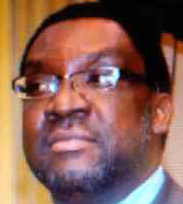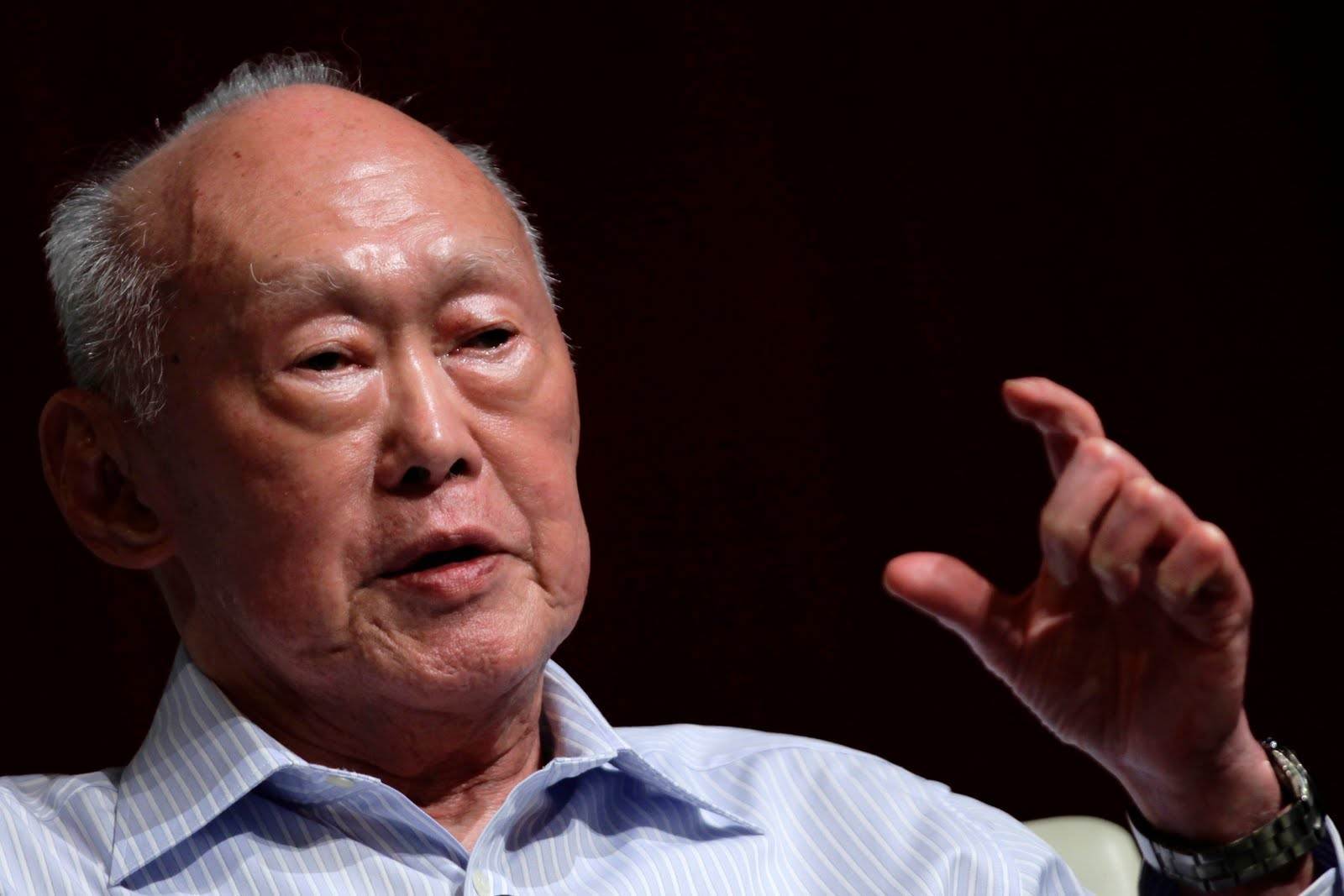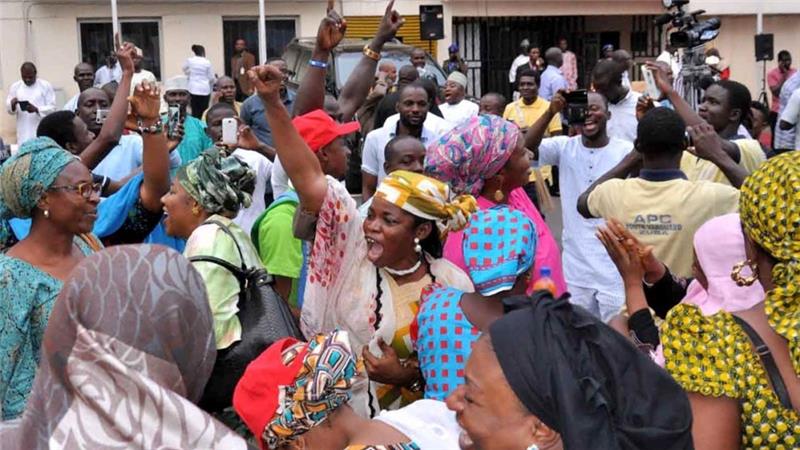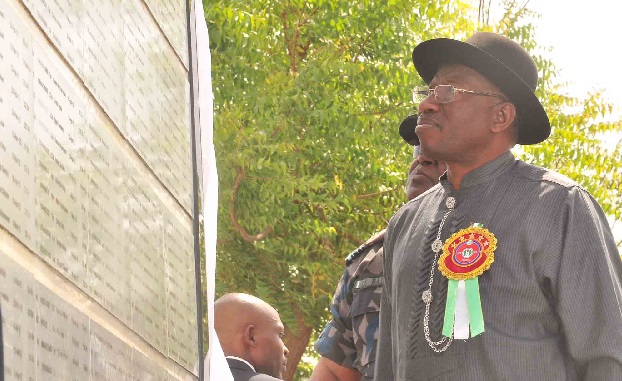Finally, it all boils down to 56.4million voters.
Representing 81.98 per cent of the total number of Permanent Voters Cards collected, this figure is what separates President Goodluck Jonathan and his main challenger, General Muhammadu Buhari, as Nigerians head for the polls on Saturday.
To the electorates, the major gain of the six-week postponement of the general elections is credibility. More people have collected their PVCs. The card-reader machines have been tested and certified okay. And more Local Government areas in the beleaguered North-East zone can now participate in the elections.
If voting is shifted by another six weeks, it is unlikely that the unclaimed 12 million PVCs in INEC’s custody will still be collected. It may not be a perfect system, but anyone who has not collected his or PVCs by now, after two extensions, is clearly not interested, has relocated or has passed on. In any case, 82 per cent collection rate is an excellent mark in any election, especially in a country where turn-out rate has always hovered around average.
Advertisement
If majority of those with PVCs turn up at the polling booths on Saturday, considering the fever-pitch momentum the campaigns have generated, then this election may witness more voters than four years ago when less than 40 million people participated. Although 73.5million people registered in 2011 as against 68million for this year, it is believed that the use of biometric technology that curbed multiple registrations last year will also discourage multiple voting on Saturday. If around 40million people eventually vote, therefore, the likelihood that it will represent about the most credible election ever in Nigeria is high, considering that card readers will curtail not only multiple voting, but cloned voter’s cards as well.
Thus which permutation best captures how the winner will emerge after Saturday’s election?
Although both parties appear evenly matched, with the Peoples Democratic Party having an edge considering that it controls more states than the All Progressives Congress, the Presidential election won’t be decided on the basis of party strength alone. Popularity of the candidate will play a major role. And this is why APC’s Buhari seems to be better favoured than the incumbent President.
Advertisement
The reason is simple: In 2011 when Buhari, contesting in a new party, Congress for Progressive Change, with no single governor or structure, he garnered 12 million votes and won 12 states in the North. That was Buhari in an unknown party with negligible campaign in the South.
Things have since changed.
All the major opposition parties have dissolved into APC, with five PDP governors also abandoning the ruling party to team up with the new mega party. More importantly, the South-West states, traditionally given to opposition politics, but which gave their votes to Jonathan in 2011, have now largely queued behind the former Head of State. The reason why people will vote for one candidate or the other is as much about party affiliation as it is about the personality of its Presidential candidate. As such, it is apparent to see huge erosion in the support base that Jonathan enjoyed in 2011, while not discountenancing his efforts in the last one month to cover lost grounds and appeal to undecided voters.
But in a free and credible poll, as we expect on Saturday, this game is about numbers and voter distribution. Noth-East and North-West alone account for 22.6 million of the collected PVCs. If we add the 9.2 million collected in the South-West, that’s way above half of the expected turn-out nationally. And these are Buhari strongholds, arguably. Yet, there are several millions more in the North-Central and of course the swing states of Imo, Rivers and Edo.
Advertisement
I align with the projection that both PDP and APC will share the first 30 states, and Federal Capital Territory, Abuja, equally. 15 states apiece. While Jonathan’s states will come mainly from the South, Buhari should encounter no hurdle in sweeping the Northern states. However, the battleground states will be the six states of Edo, Imo, Adamawa, Plateau, Oyo and Rivers. Oyo is too close to call due to its fragmented landscape in the gubernatorial poll. Voting along party lines there may become cumbersome on Saturday since Accord, Labour and Social Democratic Party, which parade strong governorship candidates, have not openly endorsed any presidential candidate, with some of them not fielding candidates for the National Assembly positions.
It will not be surprising if the six states in the North-Central zone are shared equally. And in the unlikely event that the South-West is also shared equally as against the four or five states that APC is projected to win there, the permutation still boils down to numerical strength. Both candidates will easily get 25 per cent of the votes in the required 24 states. And even if either of them ends up winning 19 or 20 states, or they fiercely settle for 18 states each, popular votes will ultimately determine the winner.
And this is where the ‘Big Four’ – those states with more than two million voters – are probably more important for victory than some battle-ground states with less than a million votes. Therefore, Kano (4.1million PVCs collected), Katsina (2.6), Kaduna (3.1) and Lagos (3.7) are the real swing states. For example, if Buhari gets, say, three millions votes in Kano, that’s already more than the total expected votes from Bayelsa, CrossRiver, Ebonyi and Ekiti states put together.
Any candidate that can pick three of the Big Four states will be in a good stead to winning the election. Kano and Lagos are APC states. Katsina is Buhari’s home ground. And Nasir El-Rufai, APC’s gubernatorial candidate in Kaduna, sure packs a punch.
Advertisement
It does look like the four may end up in Buhari’s kitty!
And so in the absence of electoral violence or orchestrated protests that may render the exercise inconclusive, a truly popular President as well as 109 Senators and 360 House of Representatives members would have been elected according to the wish of the people. It will be a plus to the Jonathan administration, which has tried to list credible elections as one of its legacies.
Advertisement
It will also be a big credit to the chairman of INEC, Prof. Attahiru Jega, who, as the 11th indigenous electoral umpire, is the first Northerner to hold that seat and the first to conduct two general elections.
In the end, a credible election would have returned power to the people and served a notice to politicians that they could always be removed if they performed below expectation.
Advertisement
Views expressed by contributors are strictly personal and not of TheCable.
2 comments




Any analysis that puts Rivers, Imo and EDO states as “swing states” is simply not what the paper it is written on. Even the APC Governors in these states know that APC have absolutely no chance of winning there.
That’s what you think and a surprise awaits you. Just wait and see.